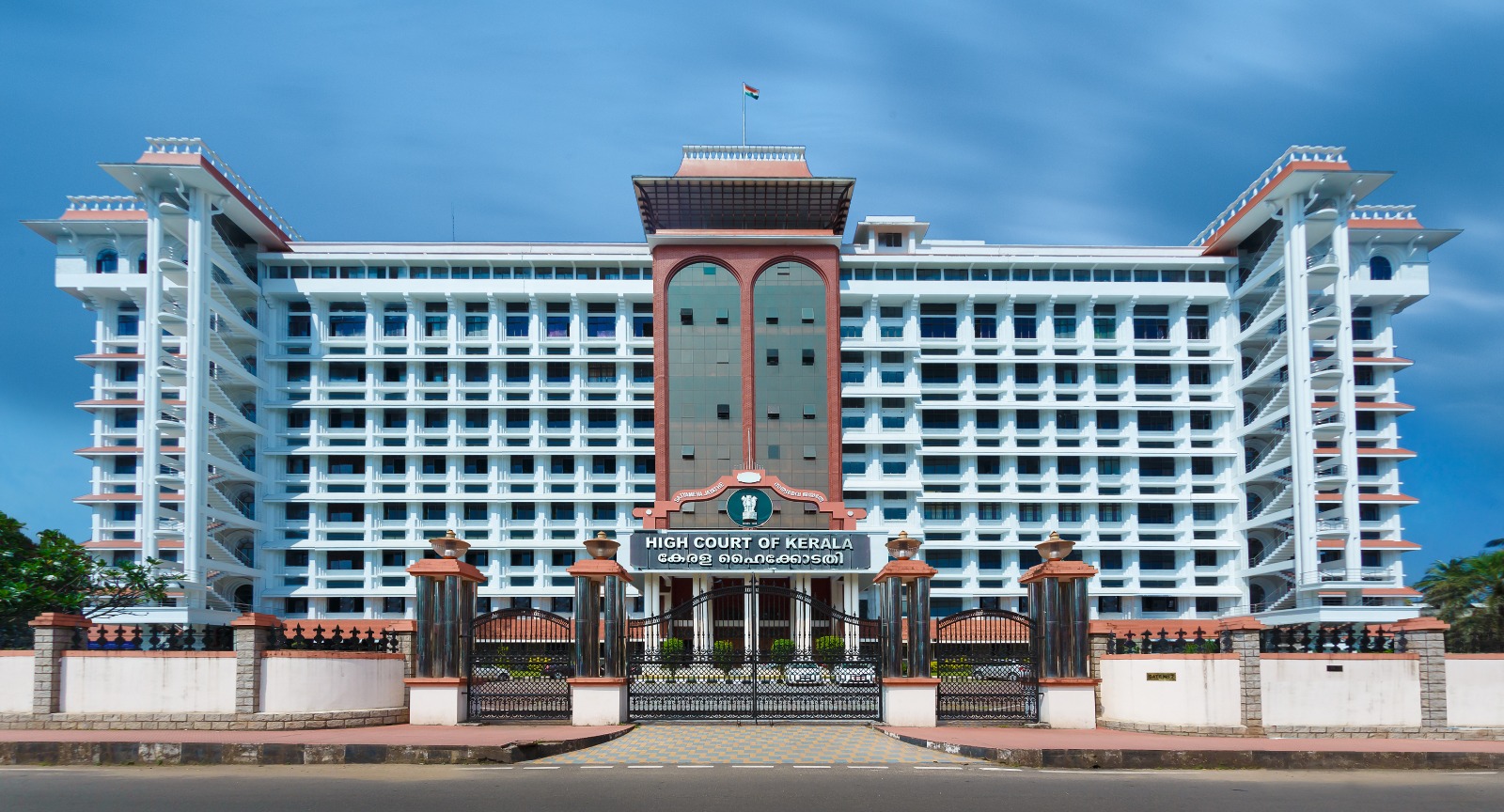Inder Dev Dua, J.
(1) This is a plaintiffs'' appeal directed against the judgment and decree of the learned District Judge, Barnala dismissing their suit. One Kaka Singh had three sons, Amar Singh, Kirpal Singh and Pratap Singh. Pratap Singh''s daughter is Shrimati Harbhagat Kaur. It appears that Amar Singh and Kirpal Singh instituted a suit for partition of some property against Partap Singh in which final decree was passed sometime in October 1949. The plaintiffs alleged that the house in dispute fell to their share by virtue of the said decree which was upheld right up to the High Court. On 23-9-1950 Shrimati Harbhagat Kaur instituted a suit for a declaration claiming the house to be her property.
During the pendency of the suit the plaintiff-decreeholders were put into possession of the house in execution proceedings on 14-10-1950. On 13-11-1950 Shrimati Harbhagat Kaur applied under Order XXI, rule 100, Code of Civil Procedure, for restoration of possession to her. On 3-1-1951 the declaratory suit filed by her was dismissed in default. On 16-5-1951 however, Shrimati Harbhagat Kaur''s application under Order XXI, rule 100, Code of Civil Procedure, was allowed and possession restored to her.
This resulted in the present suit which was instituted by the plaintiffs on 17-5-1951 under Order XXI, rule 103, of the CPC claiming a declaration that the house belongs to the plaintiffs and that it does not belong to Shrimati Harbhagat Kaur, defendant No. 1. The pleadings of the parties gave rise to a number of issues but it is agreed that the fate of the litigation depends on the decision under issue No. 1 which relates to the plaintiff''s title to the house. The trial Court held that the evidence led in the case by the parties did not leave the slightest doubt that the site of the house had been purchased by Shri Harbhagar Kaur from Arjan Singh and that the plaintiffs had failed to show that she was not the owner of the house.
The Court below believed the evidence of Partap Singh that the money for buying th esite of the house had been supplied by Shrimati Harbhagat Kaur''s maternal grandfather, to which statement no evidence in rebuttal had been led on behalf of the plaintiffs. The sale in favour of Shrimati Harbhagat Kaur was proved by the entries in the jamabandis made long before the present dispute arose. Arjan Singh, the owner of the site on which the house stands, has also deposed that the sale was made in favour of Shrimati Harbhagat Kaur. On these grounds the trial Court, as stated above, dismissed the plaintiff''s suit.
(2) Mr. Dalip Chand Gupta, the learned counsel for the plaintiff-appellants, has taken us through the entire evidence and has submitted that evidence led on behalf of the defendant does not establish that she had actually purchased the house with he own funds; the counsel merely concentrated on the criticism of the evidence led by the defendant. He had laid great stress on the omission on the part of Partap Singh to put forth the title of Shrimati Harbhagat Kaur to his house in the partition proceedings and has contended that had the house belonged to defendant No. 1, this plea would certainly have been put forward by Partap Singh, as the main defence to the plaintiff''s claim to this house as joint property in which they demand a share.
These contentions are unsustainable. The suit instituted under Order XXI, rule 103, Code of Civil Procedure, is not a continuation of the summary application filed under rule 100 but is an independent proceeding and the onus of establishing their right or title by which they claim the present possession of the property is prima facie on the plaintiffs who are out of possession. It having been shown that Shrimati Harbhagat Kaur was in possession of the property on here own account on the date of the order under Rule 101, the plaintiffs-decreeholders could only succeed by proving their own title because a person in actual possession has a possessory title against everyone except the true owner or those claiming under him.
It is contended that the plaintiffs have merely to establish their right to possession but in the present case that can only be done by showing their joint title to the property of which they can claim possession on the basis of the partition. They cannot succeed by merely showing that the finding given under rule 101 was erroneous; they must establish their own title. The plaintiffs in the present case have, therefore, to establish their rights under Order XXI, rule 103, of the CPC by their own evidence failing which the order passed under rule 101 (which was passed after investigation) would be conclusive as against them.
It is true, as contended by Mr. Gupta, that the entire evidence having been led by both parties, it is open to him even to rely on the evidence led by the defendant, in support of his (plaintiffs'') case. But merely because the evidence led by the defendant is not conclusive would hardly afford an argument to the plaintiffs to claim a finding in their favour from the Court. The oral evidence led by the plaintiffs consists only the bare statement by some witnesses that they consider the property in dispute to belong to Partap Singh because he was in its possession or that it was being used by him.
Keeping in view the relationship between Partap Singh and Shrimati Harbhagat Kaur, I do not think mere possession or user of the property by Partap Singh necessarily shows that the property does not belong to his daughter who, being married, is living with her husband elsewhere. The mutation which shows the sale of the site by Arjan Singh in favour of Harbhagat Kaur as early as 1936 or 1937, which has stood unchallenged and has also been later incorporated in Jamabandis, does establish Shrimati Harbhagat Kaur''s title as the vendee of the site in question.
The plaintiffs have also led no evidence to show that the construction on the site was made out of the joint funds or that they ever contributed towards it; they have not even suggested in the evidence that land revenue on account of the site in dispute was ever paid by them. As against this, Shrimati Harbhagat Kaur has, as own witness, clearly stated that she had constructed the house with here own costs and that she had also been paying the land revenue of this land. Mr. Gupta then contended that Sarmukh Singh, the alleged mukhtar-i-am of Shrimati Harbhagat Kaur who is said to have been looking after the house, has not been produced as a witness.
This, in my opinion, would not detract from the value of the statements on oath of Shri Harbhagat Kaur and Arjan Singh, particularly when the plaintiffs have led absolutely no reliable evidence with respect to the sale money or the costs of the construction having proceeded from the joint funds of the three brothers.
(3) I may here notice that the counsel for the appellants has in his arguments relied on the observation of the Court below that it was undisputed that in the partition suit the house in question had come to the plaintiff''s share who were given its possession, and indeed we have also proceeded on the same assumption. The counsel for the respondent has, however, controverted the contention that the house in dispute was included in the previous partition suit and has denied the correctness of the observation of the trial Court.
The plaint, the judgment or the decree in the partition suit are not on this record, and no reference has been made to them at the bar, with the result that it is not possible to express any definite opinion on this point. The counsel for the appellants has submitted that this is a case of gross injustice as Partap Singh by misrepresentation has deprived the appellants of their due share in the joint property. Now if this is so, then it is open to the plaintiffs-appellants by appropriate proceedings to claim whatever relief is permissible under the law, by reopening the partition proceedings or the law, by reopening the partition proceedings or otherwise. We, too express no opinion on this aspect of the case. The suit, however, must fail.
(4) For the reasons given above, this appeal fails and is hereby dismissed. In the circumstances of the case, however, the parties are left to bear their own costs throughout.
Bishan Narain, J.
(5) I agree.
(6) Appeal dismissed.

